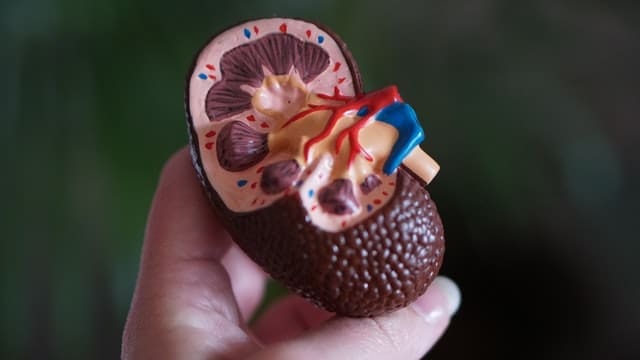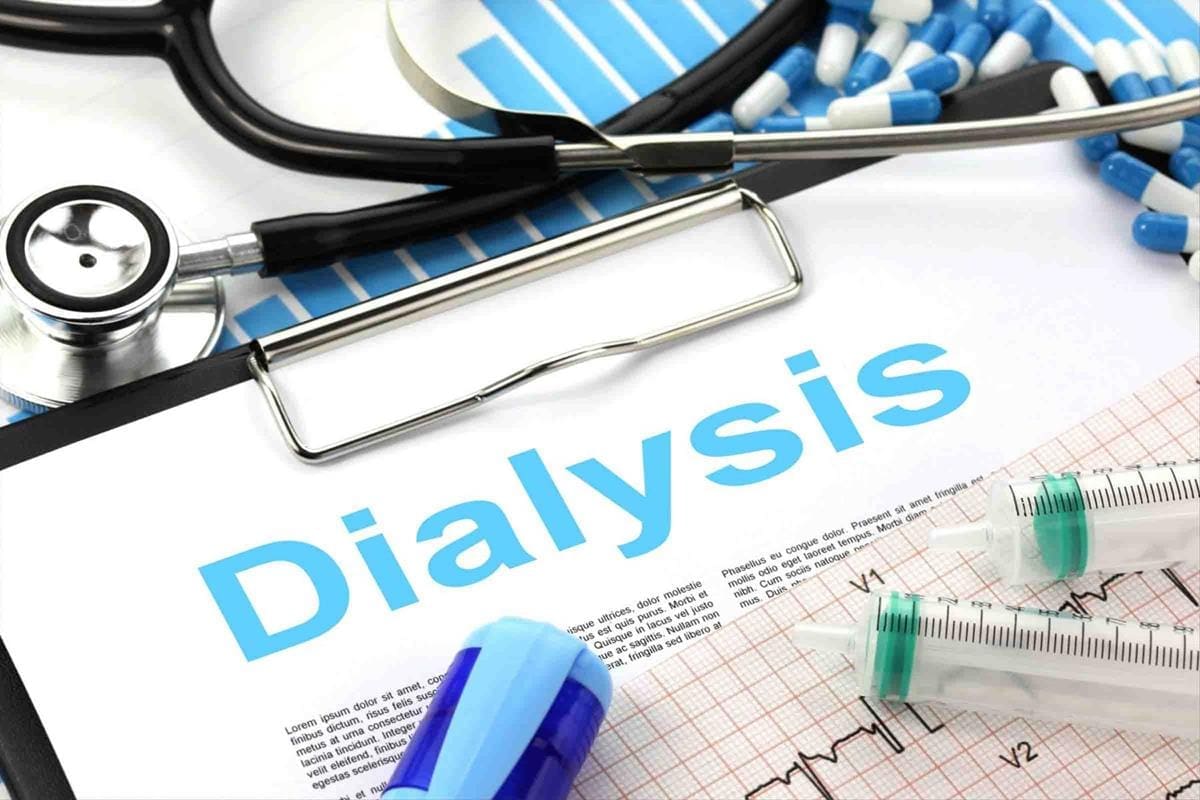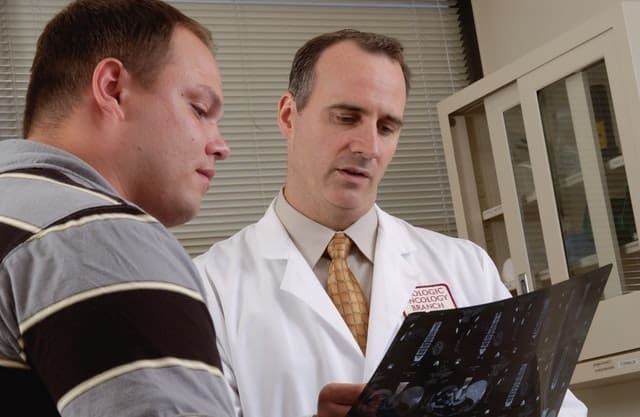Renal dysfunction or kidney dysfunction is a severe health condition that occurs when your kidneys fail to work, leading to life-threatening health complications. This is also known as kidney or renal failure or kidney disease. Your kidneys are the vital body organs that carry out most of the important functions that keep us alive.
Following are some vital functions carried out by your body:
- Eliminate toxins, waste products, and excess fluid from your body.
- Maintain a healthy balance of water and minerals in your blood.
- Produce a chemical known as erythropoietin that aids in the formation of red blood cells.
- Form renin which helps in managing your blood pressure.
- It aids in the formation of an active form of vitamin D, which is required to maintain your bone health and other essential things.
When your kidneys get damaged by any means, they lose their normal functioning ability, which leads to the accumulation of excess fluid, toxins, and waste products in your body, which can make you sick. In serious cases, when the condition is ignored, it can worsen the kidney damage, eventually resulting in kidney failure, which could be life-threatening.
Dialysis and kidney transplant are effective ways to restore limited kidney functions and thus help you live the rest of your life happily.
Causes of Renal Dysfunction
Based on when your kidneys stop working, renal dysfunction is of the following two types, each having different causes:
Acute Kidney Failure
When your kidneys suddenly stop working, it is known as acute kidney failure or acute renal failure and includes the following causes:
- Traumatic injury leads to severe blood loss.
- Severe infections like sepsis lead to shock
- Severe dehydration or breakdown of muscle tissue
- Enlarged prostate
- Certain medications that can directly damage your kidneys
- Facing complications during pregnancy like eclampsia and preeclampsia
- Severe heart or liver failure
- Some autoimmune diseases
Chronic Kidney Failure
When your kidneys stop working gradually during a course of time, then it is known as chronic kidney failure or chronic renal failure. This could be a result of the following health conditions:
- High blood pressure
- Diabetes
- Lupus or other immune system diseases
- Prolonged viral infections like hepatitis and HIV
- Inflammation in the glomerular, the filtering unit of your kidneys
- A urinary tract infection within the kidneys is known as Pyelonephritis.
- Polycystic kidney disease
- Drugs and toxins

Symptoms of Renal Dysfunction
Most people won’t experience any symptoms of renal dysfunction at the beginning. However, it is important to detect it as early as possible as even if you look fine, kidney failure can still deteriorate your health. As your disease progress, you may start noticing the following symptoms:
- Extreme tiredness or fatigue
- Difficulty concentrating
- Dry and itchy skin
- Loss of hunger
- Metallic taste in the mouth
- Nausea
- High blood pressure
- Vomiting
- Weakness
- Muscle cramps
- Frequent urination
- Swollen feet and ankles
In some cases, the extra fluid gets built up around the lining of your heart which can lead to chest pain. Also, sometimes the fluid may accumulate in your lungs and can lead to difficulty breathing.
Erection issue is one of the common problems in men with renal failure. However, the problem can be resolved with pills like vidalista. Consuming pills like vidalista will help in getting firm and long-lasting erections. Vidalista is a tadalafil tablet that boosts the blood supply to the penis, thus causing an erection.
Diagnosis of Renal Dysfunction
The doctor will evaluate your medical history, underlying causes, and symptoms before any tests. After that physical examination is carried out, and the doctor may also carry out the following tests:
- Urine tests to check the presence of diabetes or any infection that can lead to kidney failure.
- Blood test to detect the presence of waste products.
- Ultrasound to detect any abnormality in your kidneys
- A kidney biopsy may also be done to determine the cause of kidney failure.
Treating Kidney Failure
Although kidney failure can’t be reversed yet, the remaining functioning ability of the kidneys can be preserved with dialysis and kidney transplant.
Dialysis– When your kidneys lose their filtering ability, dialysis is carried out to remove toxins and waste from your blood artificially. It is of the following two types:
Hemodialysis
In hemodialysis, a machine is used to filter out your blood.
Peritoneal Dialysis
This is carried out by inserting a catheter into your abdomen. Then a dialysis solution is inserted inside your abdomen with the help of that catheter which removes toxins and waste products from your blood. Once your blood gets filtered, the solution is drained out from your body.


Kidney Transplant
During a kidney transplant, the detected kidney is replaced with a healthy kidney of a living or deceased donor. To ensure that your kidney remains fully functional throughout your life, your doctor will prescribe a few medications you may need to take your whole life.
Prevention of Renal Dysfunction
Although the renal failure can’t be reversed, its remaining function can be restored by adopting the following measures:
- Maintaining your blood sugar levels
- Keep a check on your blood pressure
- Avoid smoking
- Avoid alcohol and drug abuse
- Having a healthy diet
- Visiting the doctor regularly for monitoring your kidney function
It has been found that intake of medicines like vidalista is safe in patients with kidney failure. However, vidalista or any other PDE5 inhibitor should be used cautiously with existing kidney disease as overdosing can lead to some severe side effects.
Also, vidalista has some potential side effects that may worsen the situation. So always consult your doctor before taking vidalista or any other medications while suffering from kidney or renal failure.
Summary
Renal dysfunction or kidney failure could be a life-threatening situation if left untreated. Renal failure can lead to several chronic health problems, some of which can be lethal. Although dialysis and kidney transplants are the most effective way to restore kidney function, a healthy lifestyle will improve the functionality of your kidney and prevent renal dysfunction.
Featured Photo by National Cancer Institute on Unsplash




